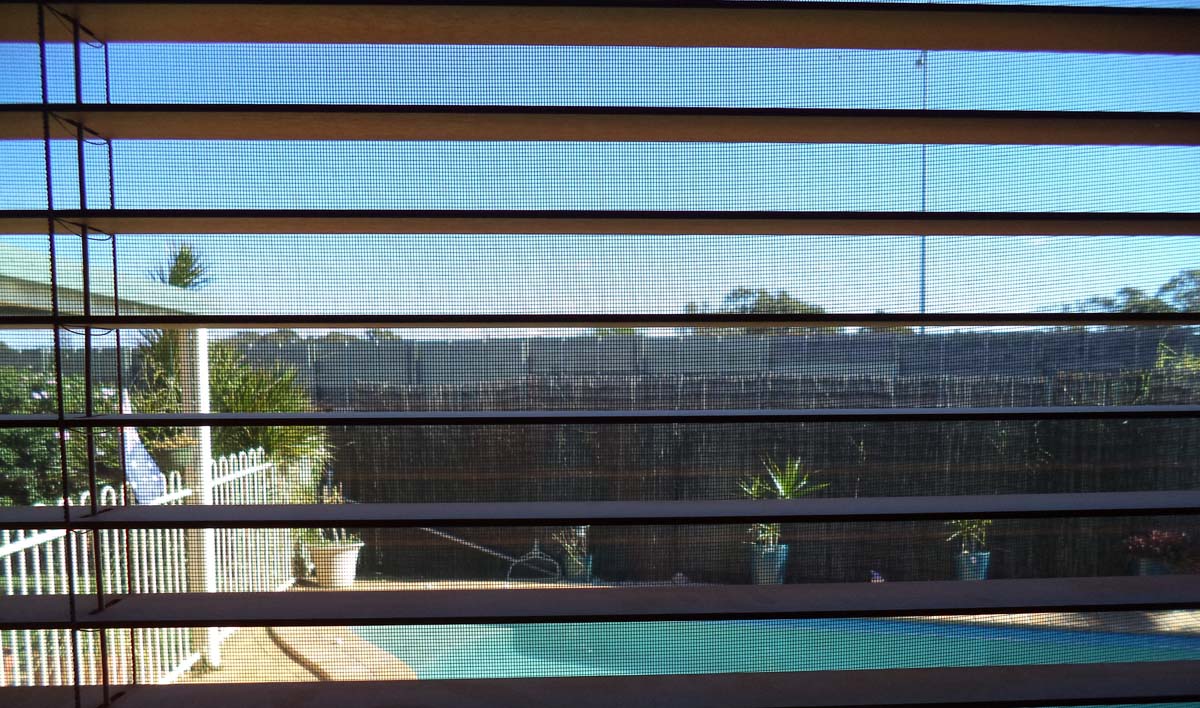Findings in the recent Digital Finance Analytics (DFA) report on home loan applications indicates a grim year for property investors and those wanting to refinance in Australia.
It’s not just the big banks, non-bank rejection is up to 20%. Loan Rejections saw the biggest increase on refinance applications with a shocking 48% rejected. Investors are also out in the cold with 11% of investment loans turned down in December.
Why are loan rejections up?
The key reasons for having a loan rejected haven’t changed.
- Credit history issues
- Too many rejected applications in your past
- Too much debt
- Debts that indicate high risk (payday loans etc)
- Insufficient income or deposit
- Not meeting Lender profile
- Poor income documentation
- Application on a high risk property
What has changed? Here in Queensland it’s that more and more regional properties are deemed high risk due to the continued slump in formerly thriving regional centres. Other factors are the slowly increasing interest rates which means increased risk on your loan. The rumblings of a pending Global Financial Crisis due to America’s ongoing financial instability and the world economy and trade issues in general are also making lenders nervous.
What has it meant for the industry?
The trend of direct loan rejections has seen burgeoning growth in the mortgage broker industry. Mum and dad investors increasingly turn to third party experts to help them secure finance. Mortgage Brokers not only offer a “shop around” service but provide insight into banks and lenders that are more flexible with customers not reaching specific lending criteria.
What does it mean if you’re hoping to refinance or invest this year?
While many investors and mortgagees have been riding the wave of low interest rates, it is time to consider fixed rates. Especially, if it means a better chance at loan approval. If you are at risk of loan rejection, this is a risky time to take on financial commitments, especially in Queensland. Now more than ever, it’s vital to seek financial advice before you sign on the bottom line… and chalk up a damaging loan rejection in your credit history.





